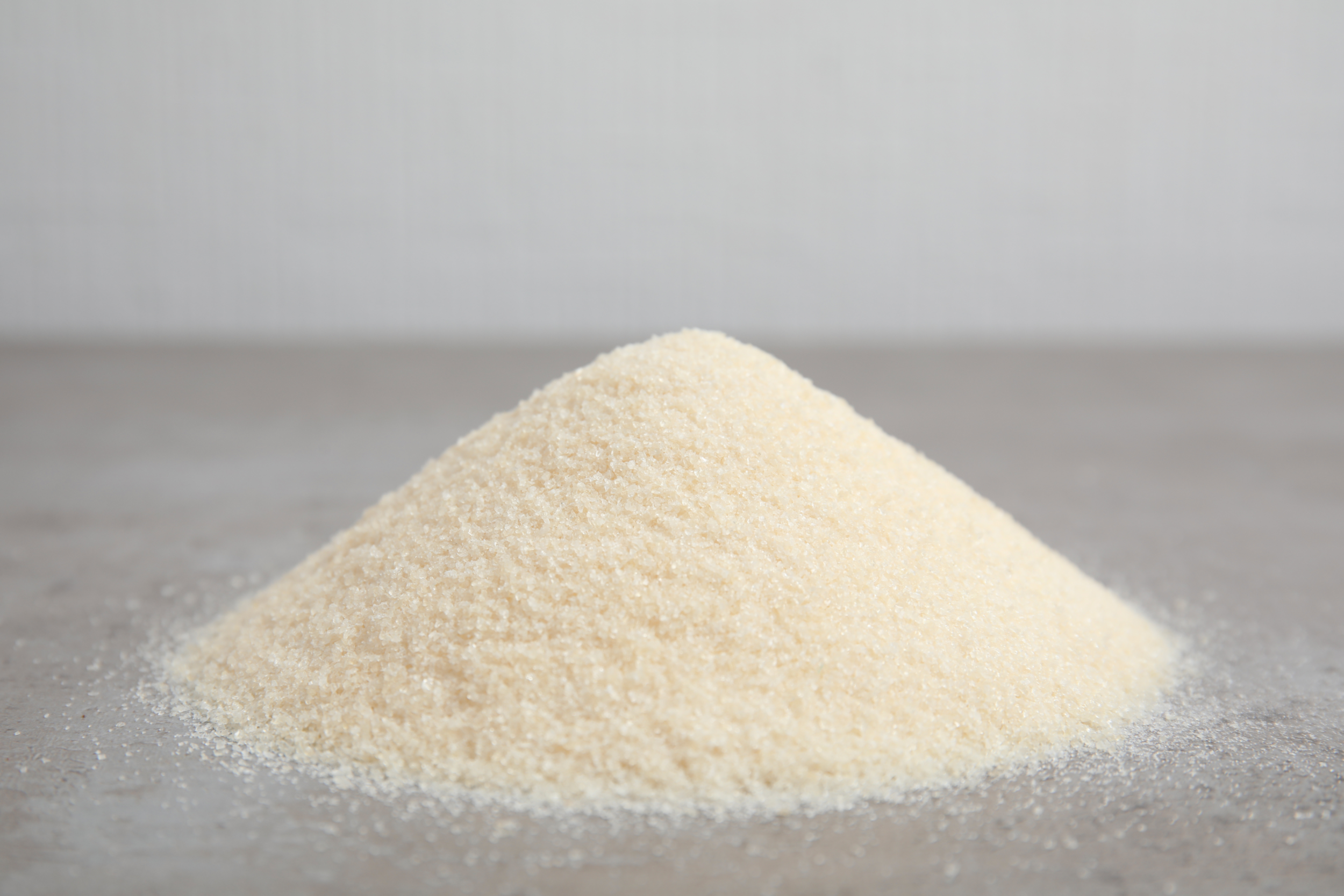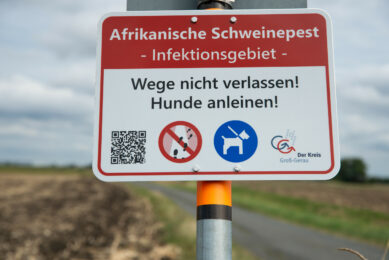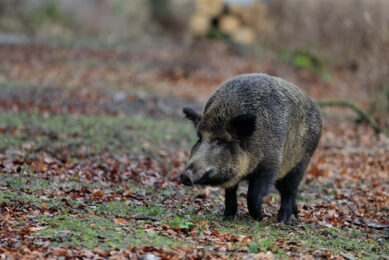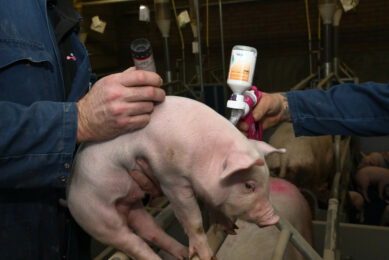Russia bans pig gelatine from European countries

The Russian veterinary watchdog Rosselhoznadzor has prohibited the import of gelatine from porcine origin from Italy, Poland, Belgium and Germany. The country points to rising concerns over the spread of African Swine Fever (ASF) in the European Union (EU).
Rosselhoznadzor emphasised that the restrictions are temporary, though not providing any hint as to when they could be lifted. Russian consumption of gelatine from porcine origin is close 12,000 tons/year, according to Russia’s leading pork producer Miratorg.
Import-replacement in action
A few years ago, the ban would have been painful for the Russian market. However, in December 2023, Miratorg opened a 4.4 billion rouble (US $52 million) gelatine plant in the Kursk region with a capacity of 6,000 tons/year. The plant is scheduled to reach its full performance in 2025, meeting more than half of Russia’s demand.
Miratorg claimed that its facility was the only industrial plant manufacturing gelatine from porcine origin in Russia.
Rising consumption
Over the previous 15 years, Russia’s demand of gelatine increased by 150%, which was driven primarily by imports, Miratorg said. In the Soviet era, up to 7 pork gelatine plants would have been existing in the country, but none of those survived the transition to the market economy.
Russia’s gelatine market has been in turmoil in recent years. Between 2018 and 2022, domestic production of all types of gelatine, decreased by 36%, reaching 16,000 tonnes, BusinesStat, a Moscow-based think tank, reported. In addition, imports dropped by 7.5% in 2022 – a tendency the analysts attributed to “geopolitical turmoil.”
Switch to alternatives
The Russian food industry is not expected to experience a gelatine of porcine origin as a result of the new ban. That was stated by Elena Solomatina, a food industry analyst, reported by local news outlet Vechernya Moskva. She assumed that some operations might be forced to switch to its alternatives, specifically beef gelatine or agar-agar.
Feed additive imports
Russian feed additive manufacturers, however, have reportedly voiced concerns about whether the Rosselhoznadzor decision could impact availability of feed vitamins, namely A, D3, and AD3, which are manufactured with the use of gelatine from porcine origin. Restrictions on pork gelatine imports in the past have triggered temporary supply disruptions.











